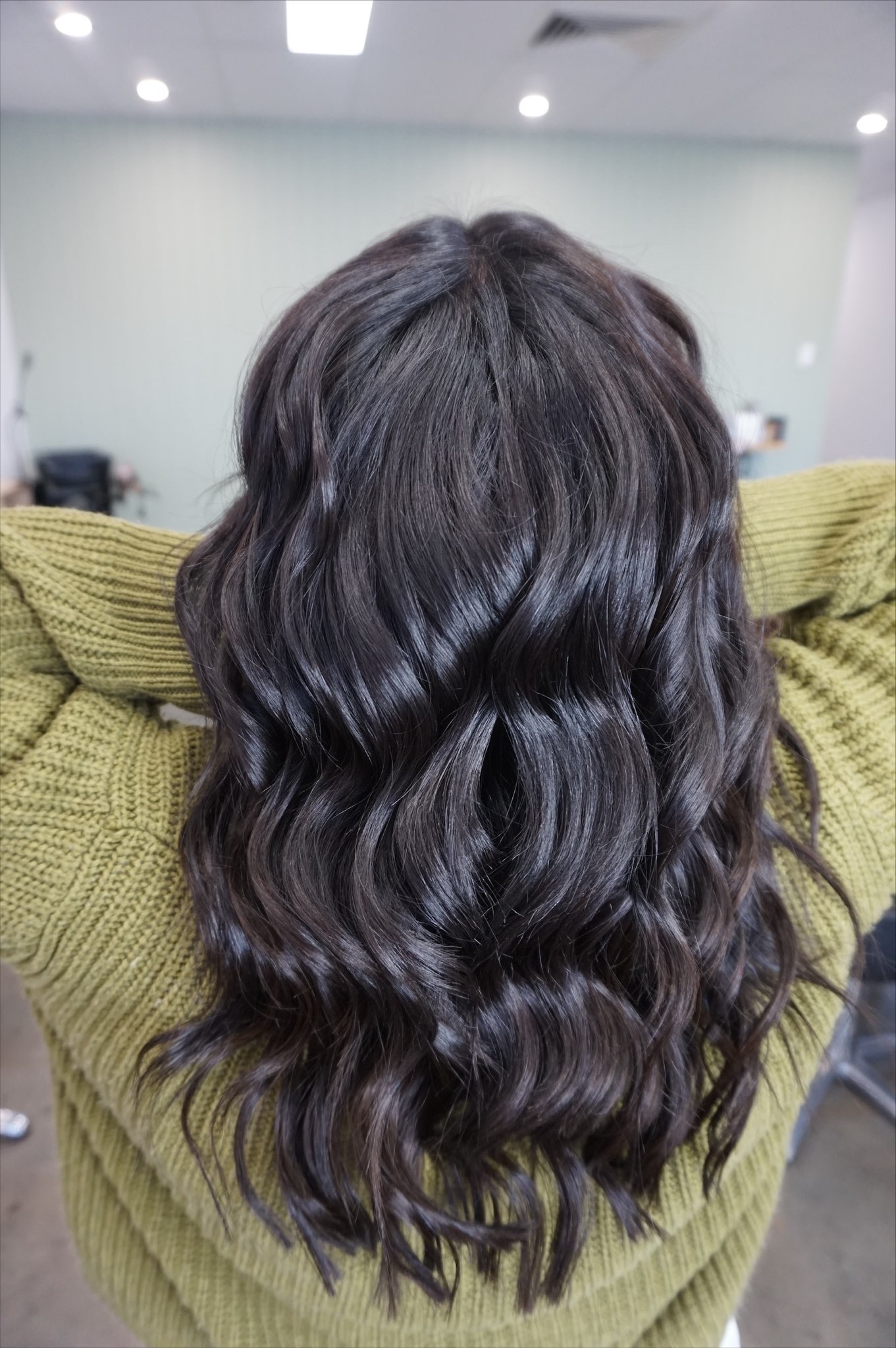Fall in Love with your Strands
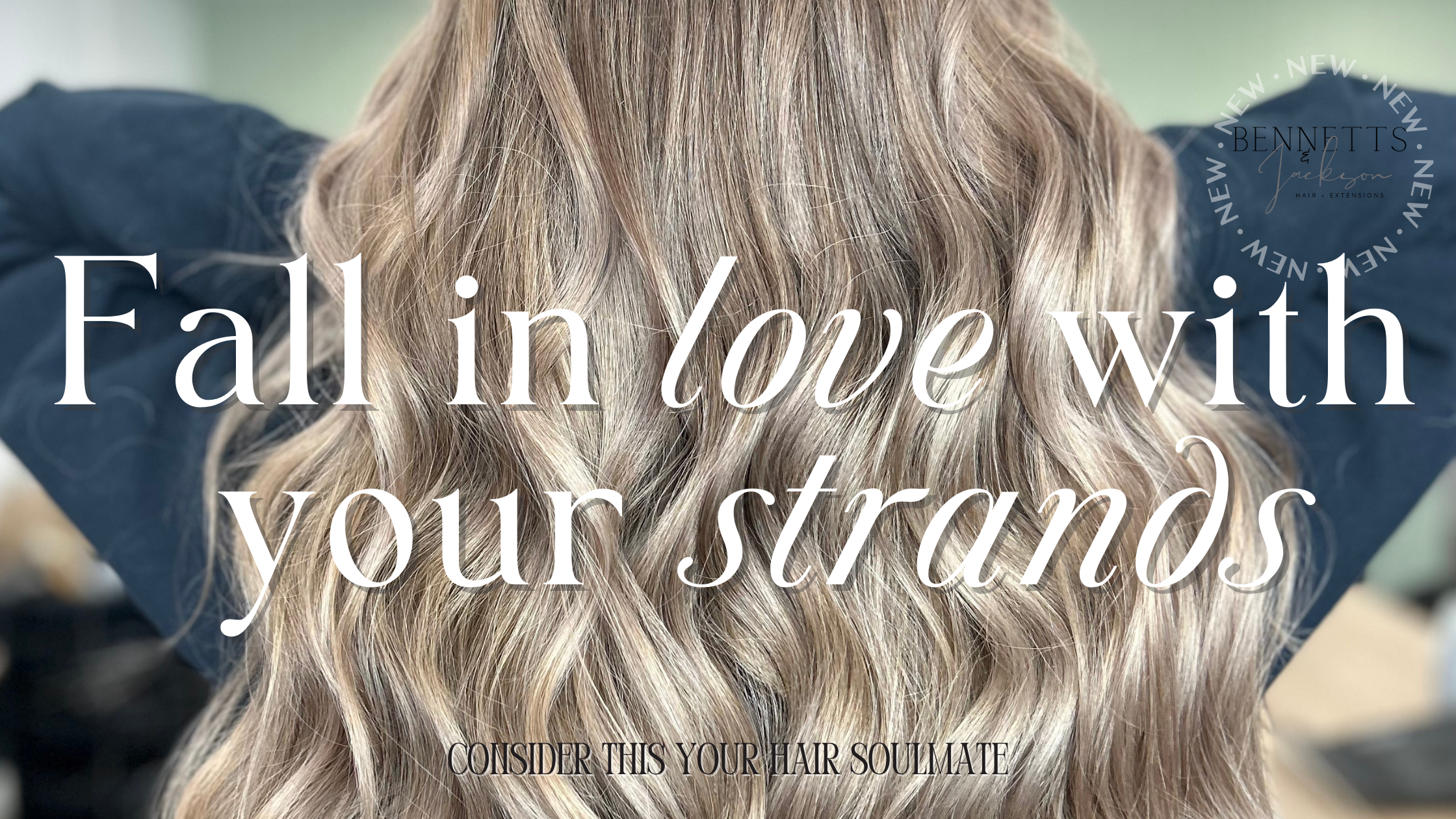
How to Love Your Hair Type (No Matter What It Is)
It’s a universal truth: when you have curls, you long for straight hair. When your hair is stick-straight, you just want waves. But you can learn to love your hair type – no matter what it is.
We’ve pulled together a primer on identifying your hair type, what kinds of challenges you can expect when styling, and how you can learn to relax and love the hair you have.
Hair Type 101
Straight, curly, coarse, fine, thin, heavy – hair comes in a multitude of textures. And once you know a little bit more about your hair’s type, life gets a whole lot easier.
A lot of women hate their hair because they don’t understand how to style it. It’s about managing the frizz, the curl, whatever.
But when you understand how to work with your natural texture, your morning routine snaps into place – and you get to start having lots more fun.
1. Frizzy Hair
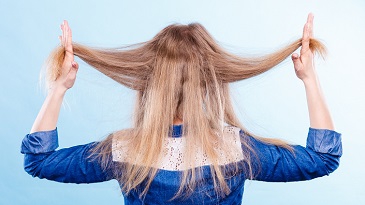
If you shrivel up at the thought of rain or a muggy summer day, keep on reading girl. We got you! First you’ve got to understand the root of the problem: your hair is actually lacking moisture. Because it’s so dry, whenever you go outside, your hair desperately wants to soak up all the moisture in the air.
Do Weekly Hair Masks
Add some hydration back into your hair by deep conditioning or using a hair treatment mask at least once a week.
Nourishing your hair and keeping your locks fully hydrated prevents your head from wanting to frizz up. Plus your hair will be incredibly shiny. Win-win!
Use the Right Products
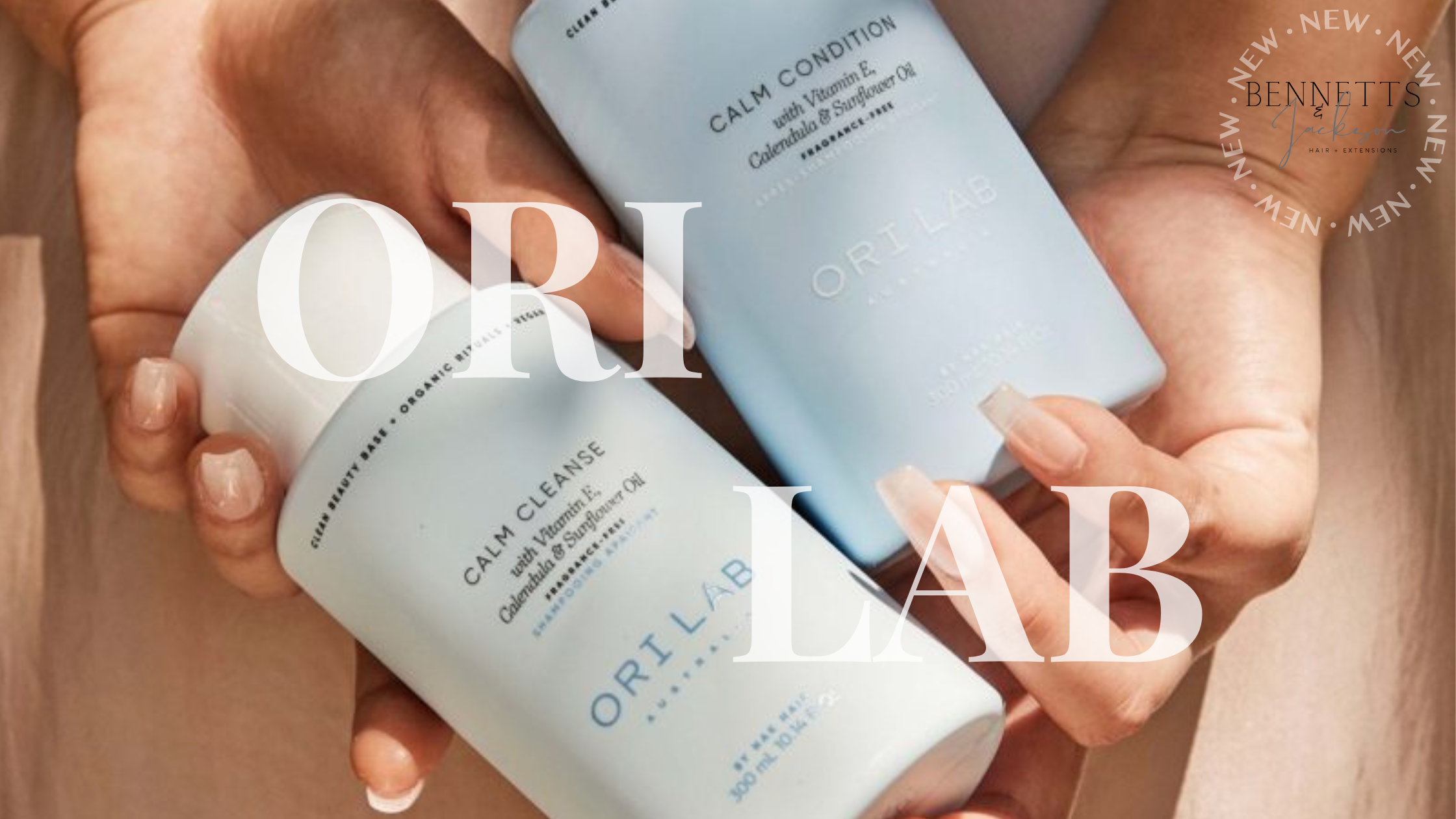
Avoid using shampoos or hair products that contain sulfate or alcohol. These ingredients completely dry out your strands encouraging your hair to pull moisture from the air instead. Unfortunately, most drugstore products contain alcohol because its low cost, but investing in all-natural products are totally worth it for frizz control. We recommend ORI LAB!
Come Prepared
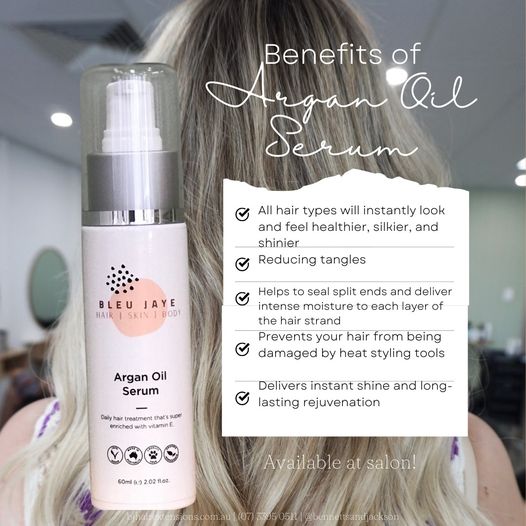
Frizz can pop up when you least expect it if you get caught in the rain. We always carry a lightweight anti-frizz serum in our bags in the case our hair decides to pouf up mid-day. If you find yourself in that situation, apply a little serum (avoid your roots) and immediately pull your hair into a braid or bun to smooth it out.
2. Coarse Hair
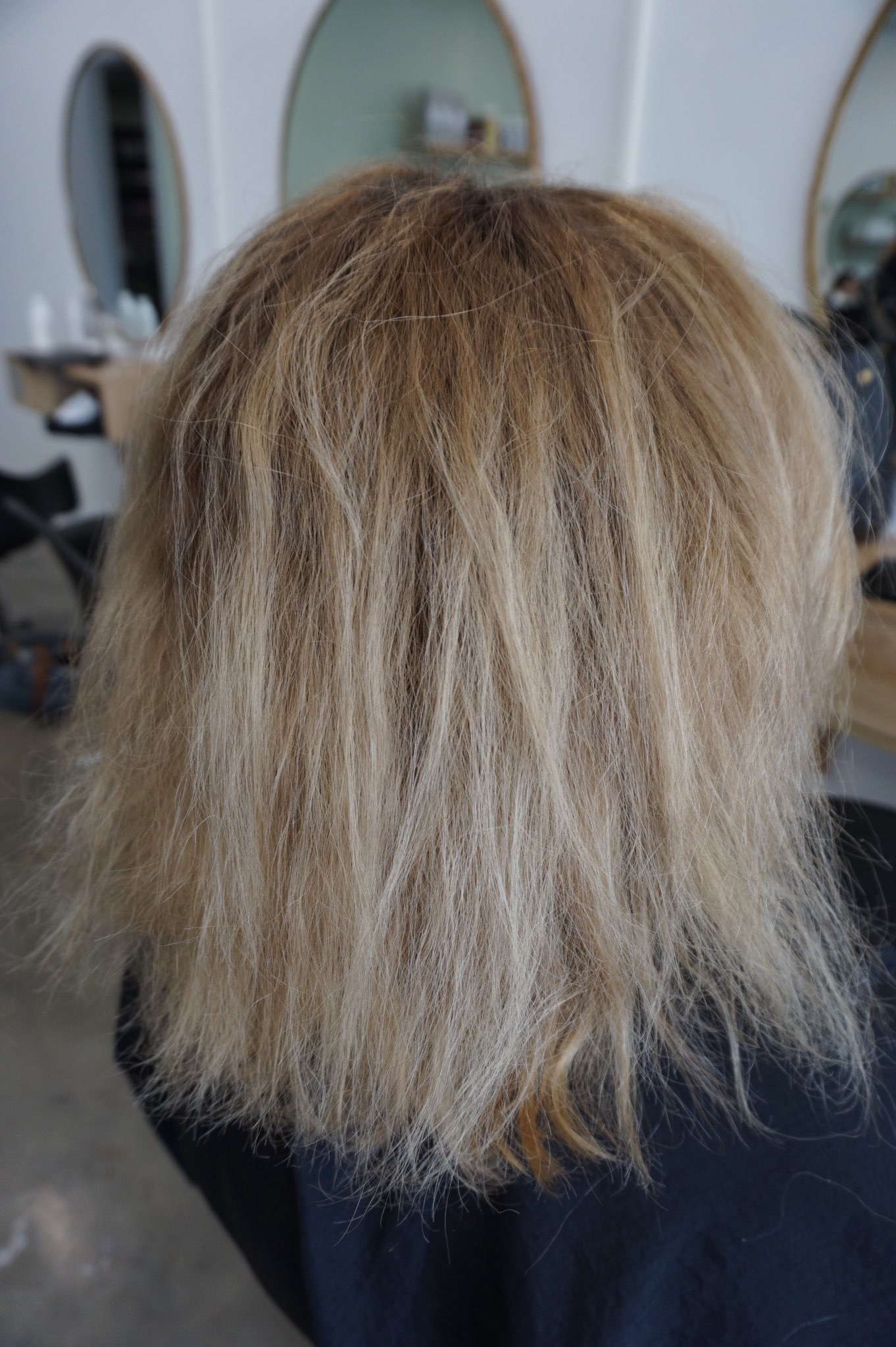
If you’ve got thick curly hair, you’re probably familiar with frizz, puffiness, and a constant slightly out-of-control feeling over your hair. That’s because textured hair has a natural tendency for dryness over straighter hair types. Here’s our dos and don’ts for loving your naturally thick hair:
Don’t Brush Your Hair
You heard that right. Brushing your hair separates the curls encouraging the individual strands to easily frizz up so keep that brush away and opt instead for a wide tooth comb or your fingers. It’s best to gently comb before a shower when it’s dry as wet hair is a huge danger zone for breakage.
Use Weekly Hair Treatments
Coarse hair is usually more prone to dryness and frizz because it’s harder for the natural oils and nutrients from your scalp to reach the rest of your hair. Using a weekly hair mask or treatment can help to repair and nourish back to life the parts of your hair that are lacking.
Avoid Over-Washing
Don’t wash your hair everyday. In fact, the longer you can go without washing your hair, the better. Thick and coarse hair will benefit much more if you allow your natural oils at the scalp to work their way down to the hair. Using shampoo everyday will dry out your hair leading to more frizz. You can always use a dry shampoo at the roots to keep things under control if you need to in between days.
3. Fine Hair

You’ve given up on the idea of curling your hair because an hour later, it’s fallen flat and you tend to avoid any updos because your scalp usually shows. Hashtag #thinhairproblems. Trust us when we say we’ve been through this and we know the feeling! Here are some of our best tips to whip out your back pocket next time you feel like Britney circa 2007.
Brush Your Hair
This might feel like one of the last things you want to do to your hair but brushing your hair actually stimulates oxygen in your scalp helping your hair maintain more body. Don’t just use any old brush though–the tools you take to your head really matter. We recommend using a good quality bristle brush made with natural boar bristles or flexible nylon. These brushes glide through your hair more easily unlike hard plastic bristles that tend to snag fine hair. These brushes won’t overheat either like round metal brushes can, causing damage to your mane if it’s on the thinner side
Switch Your Part
If you’ve parted your hair to the right since the eighth grade, try switching it over to the centre or right side. After being flattened in the same direction for so many years, a swap will help lift the hair away from the scalp increasing volume at the top of your head. Use a blow-dryer to lift your roots and point them in another direction. Spritz a little hair spray too to keep the new style from switching back to its old ways.
Turn Down the Heat
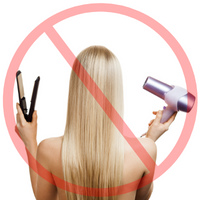
With finer hair types, you don’t need to use super high temperatures to style your hair. The less heat you use, the less opportunity for breakage, brittleness or thinning to occur (because who needs that?). Always use a heat protectant spray when using thermal tools and don’t forget that a lower temperature will still get the job done. If you can, air dry your hair too instead of relying on a hair dryer which can dry out your hair super fast. Finer hair tends to naturally dry faster anyway because there is less of it. Hello healthy hair!
Add Volume With Waves or Hair Extensions!
A curly or wavy hair style will always give your hair the appearance of more volume. Give yourself a boost by wearing a curlier style. Don’t jump up yet – we’re not going back on our words for avoiding heat.
4. Oily Hair
Most of us experience the feeling of oily hair after not washing it for a day or two, but if you’re constantly feeling like a McDonald’s drive-through up at the top, here’s how to manage the unwelcoming issue.
Stop Washing Your Hair
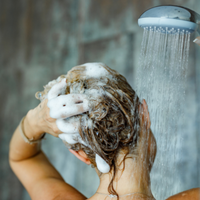
Pardon me? Say what? Yes we are telling you to do the exact opposite of what you’re most likely inclined to do when you’re feeling greasy. Washing your hair every single day can seriously contribute to the problem of over-producing oil glands in the scalp. This is because you’re constantly stripping them of the natural oil causing them to overcompensate for the loss. Reduce the amount of shampoo use to every other day and then eventually 2-3 times a week if you can. Initially the switch will take some time for your hair to get used to (that’s why we’ve got 3 great hairstyles for oily hair you can do in the meantime), but after a few weeks your head will adjust and you’ll notice a significant difference. Trust girl, trust.
Look But Don’t Touch
We mean it. Don’t touch your hair. Your fingertips produce a lot of oil that is easily transferred to your hair when you subconsciously twirl or run your fingers through your hair. Avoid contributing to further oil build-up by keeping your hands away or tying your hair up out of the way so you’re not tempted to play.
Become Besties with Dry Shampoo
Dry shampoo is our go-to when dealing with oily roots or day 3 sans washing. It soaks up excess oil in your hair within seconds, plus adds volume at the roots giving your hair a bit of extra “oomph.”. If you’re tight on budget, baby powder is a great alternative that absorbs the oil just as well and adds a bit of texture back into your style.
What’s your hair type? What hair problem do you face most? Let us know!


